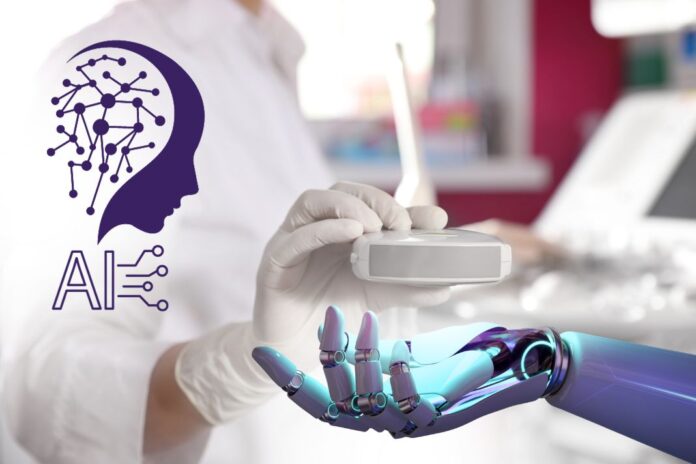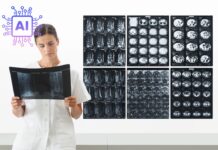Artificial intelligence (AI) has ushered in a new era of innovation and transformation across various industries, and the realm of medical imaging device manufacturing is no exception. AI’s integration into the manufacturing process has brought about significant changes, revolutionizing the way medical imaging devices are designed, produced, and used. In this article, we explore the profound impact of AI on medical imaging device manufacturing.
1. Enhanced Product Design
AI plays a crucial role in the design phase of medical imaging devices. Advanced algorithms analyze data from multiple sources, including patient records, to identify specific design parameters. This data-driven approach results in devices that are tailored to meet the unique needs of healthcare providers and patients.
2. Precision Manufacturing
Manufacturing medical imaging devices demands precision, and AI-driven automation ensures exacting standards are met. Robotic systems handle delicate tasks, such as component assembly and calibration, with unmatched accuracy. This not only improves device quality but also reduces production time and costs.
3. Quality Control and Assurance
AI is instrumental in quality control and assurance processes. Machine learning models can detect even the slightest defects or deviations in manufacturing, ensuring that each device meets rigorous safety and performance standards. This reduces the risk of faulty equipment reaching the market.
4. Predictive Maintenance
Predictive maintenance powered by AI is transforming the upkeep of medical imaging devices. Sensors embedded within the equipment continuously monitor performance metrics. AI algorithms analyze this data, predicting when maintenance is required to prevent breakdowns, reducing downtime and improving device longevity.
5. Improved Imaging Capabilities
AI’s impact on the imaging capabilities of medical devices cannot be overstated. Machine learning algorithms enhance image quality, reduce noise, and improve image reconstruction. This results in sharper, more detailed images, aiding in more accurate diagnoses and treatment planning.
6. Personalized Medicine
AI enables the customization of medical imaging devices for individual patients. AI algorithms analyze patient data to tailor imaging settings, ensuring that each scan is optimized for the patient’s specific needs. This personalization enhances diagnostic accuracy and patient comfort.
7. Data Security
With the increased use of AI comes a greater emphasis on data security. Manufacturers are implementing robust cybersecurity measures to protect sensitive patient data and prevent unauthorized access to medical imaging devices.
Conclusion
The impact of artificial intelligence on medical imaging device manufacturing is transformative. From designing precision equipment to enhancing imaging capabilities and ensuring quality control, AI is revolutionizing every aspect of the manufacturing process. As we continue to explore the potential of AI, we can anticipate further advancements that will improve patient care and reshape the healthcare landscape.
In conclusion, AI is not just a technological advancement; it’s a catalyst for innovation in medical imaging device manufacturing. Manufacturers who embrace AI-driven solutions are poised to deliver cutting-edge, personalized, and safe medical imaging devices that empower healthcare professionals and improve patient outcomes.






